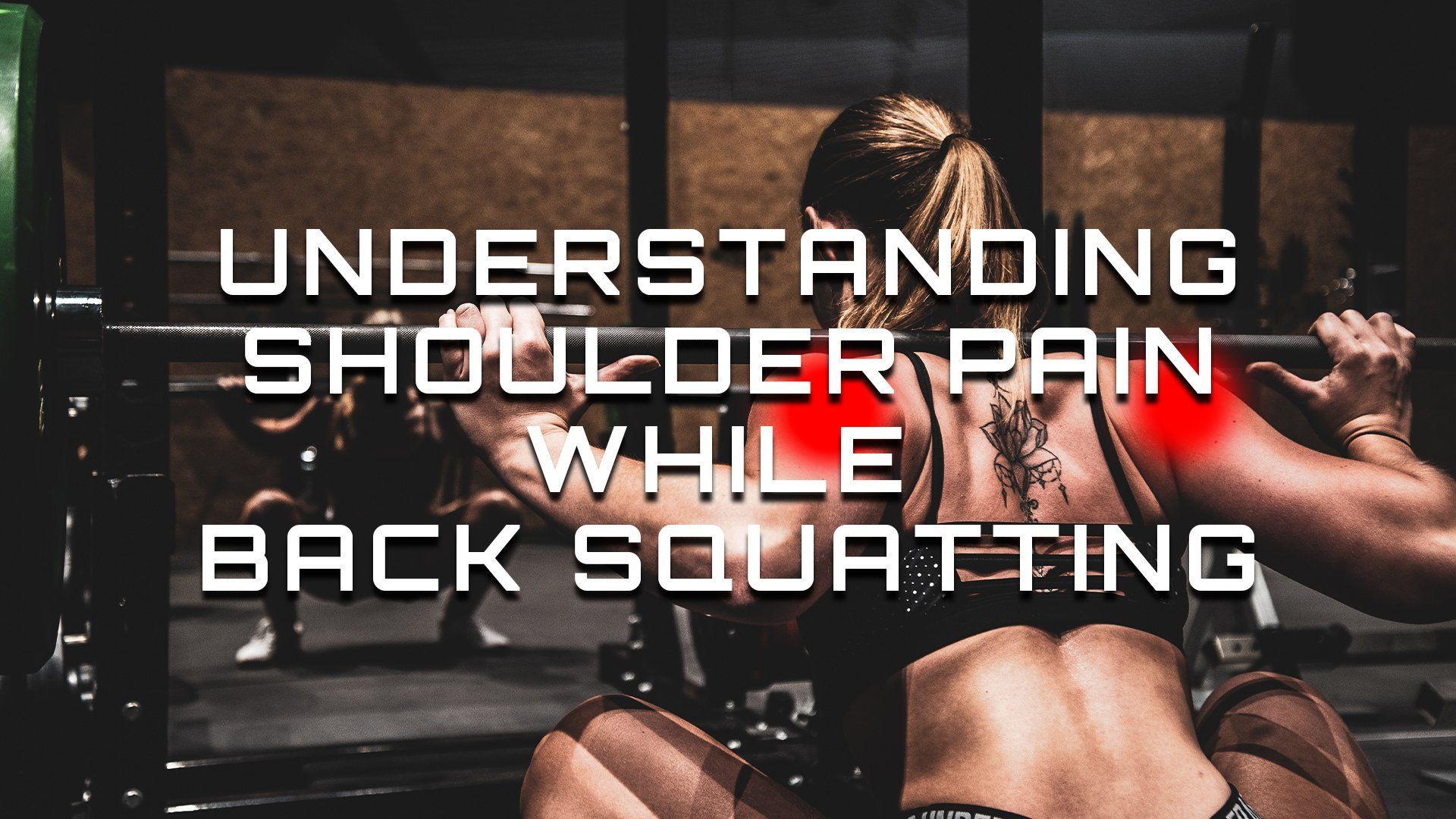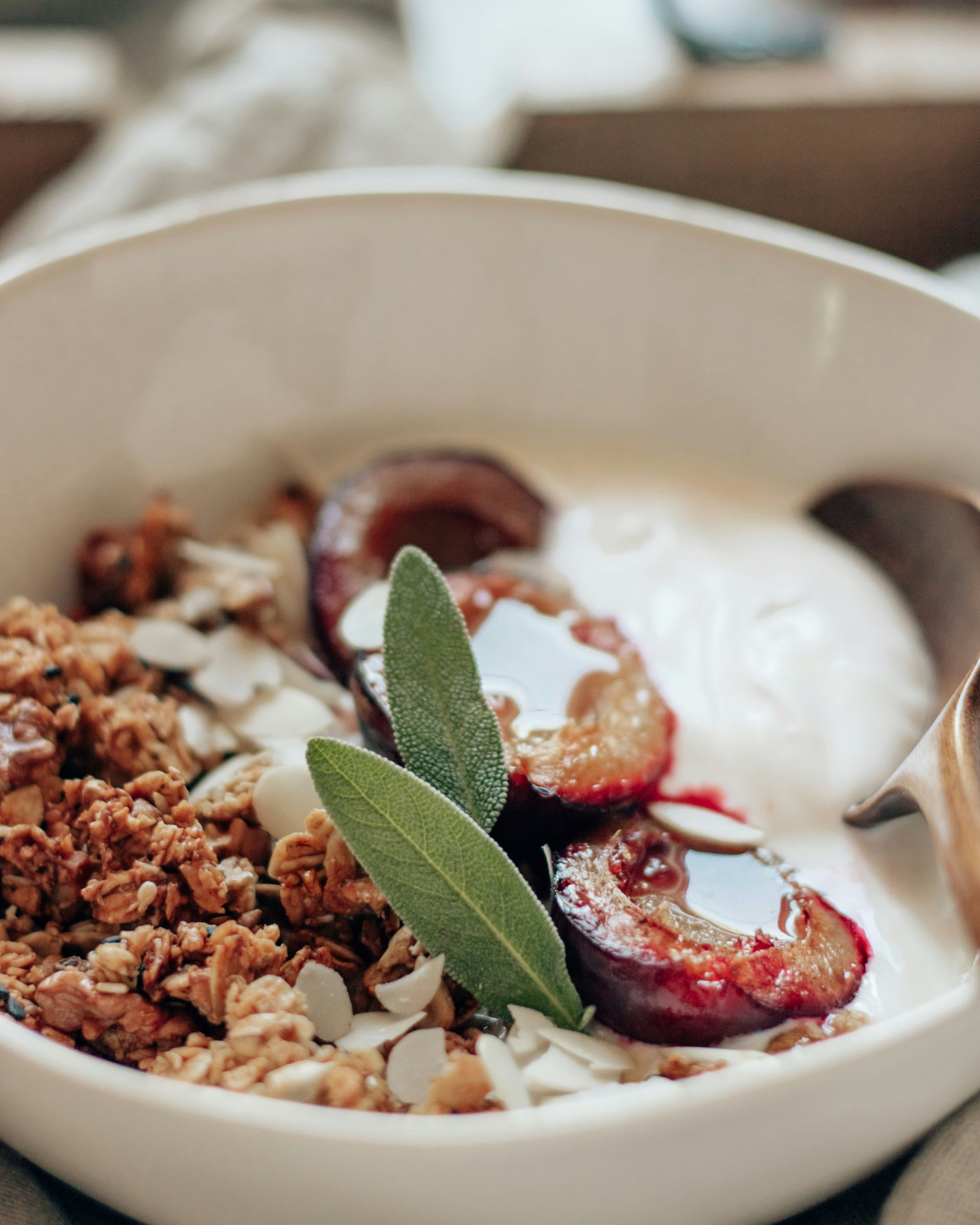
Location: Evolve Gym, South Ruislip
In my years of experience as a personal trainer, and training over 100 different people throughout my career, I found a problem that needs addressing: shoulder pain whilst performing back squats, this is common in beginners but especially females.
The majority of squat variations will involve resting a load on your upper body somehow, subsequently they require a healthy functioning shoulder.
Here are popular short-term fixes that put a bandage on a gashing wound, and issues which arise with each:
- Reducing the weight
We are sacrificing potential for muscle strength and hypertrophy in the lower body by subtracting some of the stimulus the extra weight provides us
- Widening your grip
I have rarely seen this work on, but in the occasion it does we are relinquishing the stable structure we have created with our upper back for the bar to rest on, potentially discomforting the lifter.
- Placing the barbell higher on the back
This is an advanced technique which shouldn’t be used on beginner/novice lifters with inadequate spinal stabilization or upper body strength in the first place. Placing the bar higher up the back is going to demand more from the lumbar.
There is no quick fix to alleviate that pain, so let’s understand the root causes and implement solutions that allow us to lift pain-free over time:
The Role of the Shoulder While Squatting
The shoulder (glenohumeral) joint is a ball and socket joint.
Whenever the shoulder is at play, it involves a network of muscles, ligaments, and bones to accomplish a task. The rotator cuff muscles are the stabilizers and keep the ‘ball’ and ‘socket’ in its position. The lats, chest and deltoid muscles are the joints’ prime movers.
An important fact to understand about the socket of the shoulder joint is that the ‘ball’ doesn’t have much room to play, if the ball is forced up or down because stabilizers/prime movers are too weak or tight, it will cause a shoulder impingement.
In order for the barbell to be kept on the back properly, the shoulders are required to do 3 things:
- Shoulder flexion
- Shoulder external rotation
- Shoulder retraction
Reasons Why You Get Shoulder Pain in the Back Squat
- You have a strength imbalance between the stabilizers and prime movers i.e. one muscle group is dominant over another
- You have a lack of stability i.e., the stabilizers aren’t able to handle the loading demands of the movement
- You have poor posture and technique
The most common reason is because of excessive stress on the tissues or structures that surround the shoulder joint. Depending on which reasons apply to you, if one or multiple, then you would want to implement a strategy to tackle the issue.
Solutions for Fixing Shoulder Pain While Squatting
- Don’t train upper body the day before – if your muscles are sore prior, range of motion may be limited. For instance, if your deltoids are sore then shoulder flexion may be harder to achieve naturally. Try and rest a day before back squatting.
- Assess your shoulder mobility – Below I will link short tests to measure mobility in shoulder flexion, external rotation, and retraction.
3. Strengthen your stabilizers – This muscle ensures the shoulders don’t roll up or forward whilst in position, which can cause the surrounding tissue to compress and inflame otherwise. Here are 3 simple exercises to address that:
4. Improve posture – This refers to the classic rounded back syndrome, common in those with desk jobs, have been sedentary for the majority of their lives, or the elderly. The mid back must be able to perform extension (shoulder blades back, chest up!) properly in order for the shoulder to stabilize and do its job. Poor posture can be caused by weak posterior (rhomboids, rear delts, traps) muscles or tight anterior muscles (pecs, front delt, serratus)
To correct weaknesses, you need to implement strength exercises, to correct tightness, you need to implement stretches.
Alternative Squat Variations
If you have exhausted all the corrections above, have gone months without back squatting because you’ve been devoting yourself to a pre-hab program for the shoulder joint, then try another squat.
Examples include a front squat, safety bar squat, goblet squats, cambered bar squats, belt squats, split squats, zercher squats. These exercises do have their own drawbacks, but with an altercation in tempo, usage of resistance bands or slant boards, you can make these exercises just as effective.
#ptlondon #personaltraining #personaltrainer #health #fitness #pinner #fitnessmotivation #workoutmotivation #gym #core #abs #athletics #athletic #inertiawave #edgecrossx #ruislip #evolvegymsouthruislip #london #workout #bodytone #weightloss #transformation #exxentric #exxentricfam #sports #athleticsgame #football #rugby #cricket #tennis #golf #basketball #lacrosse

Start Today!
Ready to transform your fitness journey? Take the first step towards achieving your goals with personal training!
We will get back to you as soon as possible
Please try again later
My take on Health and Fitness



